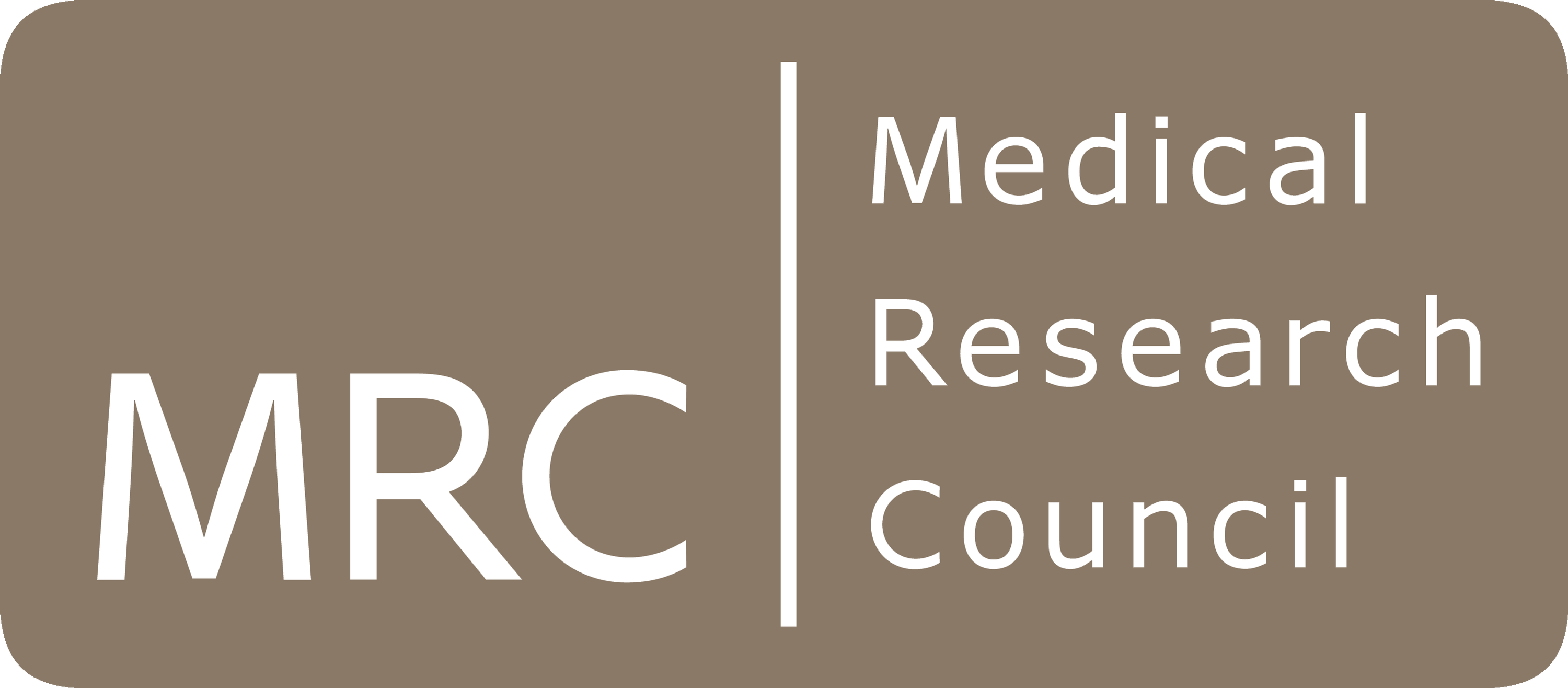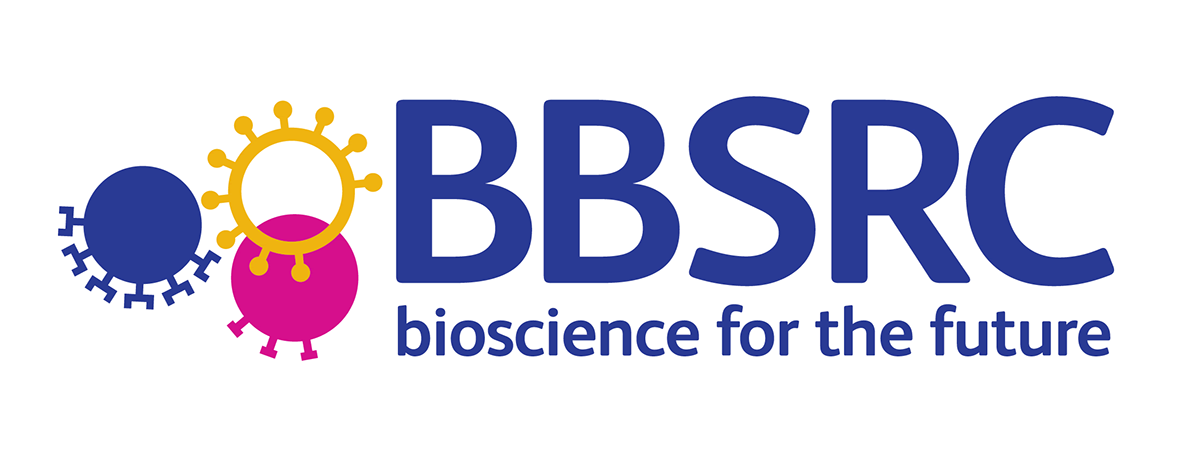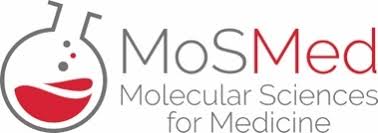News
New Paper – Generation of lead-like libraries with scaffold diversity
J. Med. Chem. 2022, 65, 11322-11339
https://doi.org/10.1021/acs.jmedchem.2c00897
https://pubs.acs.org/doi/full/10.1021/acs.jmedchem...
Mélanie Uguen, Gemma Davison, Lukas J. Sprenger, James H. Hunter, Mathew P. Martin, Shannon Turberville, Jessica E. Watt, Bernard T. Golding, Martin E. M. Noble, Hannah L. Stewart,* and Michael J. Waring*
High-throughput screening provides one of the most common ways of finding hit compounds. In particular, lead-like libraries provide hits with compatible functional groups and vectors for structural elaboration and physical properties suitable for optimization. Library synthesis approaches can lead to a lack of chemical diversity because they employ parallel derivatisation of common building blocks using single reaction types.
This problem was addressed by developing a “build–couple–transform” paradigm for the generation of a structurally diverse library of lead-like small molecules. Nineteen transformations of a 4-oxo-2-butenamide scaffold template were developed and validated, including 1,4-cyclizations, 3,4-cyclisations, reductions, and 1,4-additions. A pool-transformation approach efficiently explored the scope of these transformations for nine different building blocks such that a library of >170 compounds with 20 unique scaffolds was generated. The physicochemical and shape properties of the library were analysed and demonstrated that the resulting library had excellent drug-likeness and chemical diversity. The mean properties of the library compared favourably with both the ideal lead-like/drug-like ranges and with existing commercial libraries. This small library has an enhanced chemical space coverage and shape distribution, ideal for hit discovery. Screening of the DOS library revealed hits against CDK2.
This work provides the opportunity to rapidly improve the chemical space coverage of screening libraries, particularly through the use of pooled synthesis. Hence the build–couple–transform paradigm provides a new conceptual approach to the synthesis of lead-like libraries with demonstrated biological relevance.

Last modified: Mon, 19 Dec 2022 17:14:31 GMT








